A Series B round of funding, totaling $30 million, will enable Helsinki-based startup Varjo to launch its industrial-grade augmented and virtual reality headset capable of "human-eye resolution" before the end of the year.
The investment will fund an expansion of Varjo's hardware and software teams from 80 employees to more than 200 within the next year and the global launch of the VR headset later in fourth quarter 2018 with an AR add-on arriving within the first half of 2019.
Atomico led the latest round of investment, with participants including new investor Next47, the venture arm of Siemens, and existing investors EQT Ventures and Lifeline Ventures. The company has now raised $46 million to date.
"We hope that the impact of our hardware and software platform on industry will be as profound as the introduction of the Graphical User Interface. At Varjo we're extremely proud to welcome Atomico, Europe's most experienced VC, and industry icon Siemens, to our mission of launching a new era of immersive computing for professionals," said Urho Konttori, co-founder and CEO of Varjo, in a statement.
The company boasts a resolution of 50 megapixels per eye, compared to 2.3 megapixels per eye with the HTC Vive Pro, in its current prototype. Varjo's Bionic Display technology employs eye tracking to maximize focus and resolution on where users are looking.
"The resolution of VR devices on the market today is a fraction of what the average human eye can see. Until we met Varjo's visionary founders and experienced their superior product firsthand, we thought that VR was still at least 10 years away from being truly useful for professionals. It's because of Varjo's world-class team that industries such as automotive, engineering, aerospace, architecture, construction, industrial design and real-world training simulations won't have to wait that long to be able to utilize the technology for their business-critical use cases," said Niklas Zennström, Atomico Founding Partner and CEO.
The headset's performance makes it ideal for architecture, automotive, aerospace, and other industries with design disciplines. The company already counts aerospace companies Airbus and Lilum, automakers Audi, Saab, Volkswagen, and Volvo Cars, and construction firm Sellen Construction among their initial customers.
"Decisions are the daily challenge in a product development process. Supporting virtual development means to deliver the highest available quality to enable reliable decisions. Varjo's technology is convincing and will help us to close the existing gaps and speed up our development cycles using the advantages of a continuous virtual process," said Jan Pflueger, coordinator at Center Of Competence for Augmented and Virtual Reality for Audi.
Augmented reality wearable makers have made in-roads with enterprises mainly through productivity apps that guide employees through complex workflows or enable colleagues to collaborate and communicate remotely. The design use cases that Varjo is pursuing, where visualization of buildings, automobiles, and other products can improve design processes, but greater precision and fidelity are required, is the next frontier of the augmented reality industry. Based on Varjo's timelines for its product release, that frontier is just over the horizon.
- Follow Next Reality on Facebook, Twitter, Instagram, YouTube, and Flipboard
- Sign up for Next Reality's daily, weekly, or monthly newsletters
- Follow WonderHowTo on Facebook, Twitter, Pinterest, and Flipboard
Cover image via Varjo/YouTube







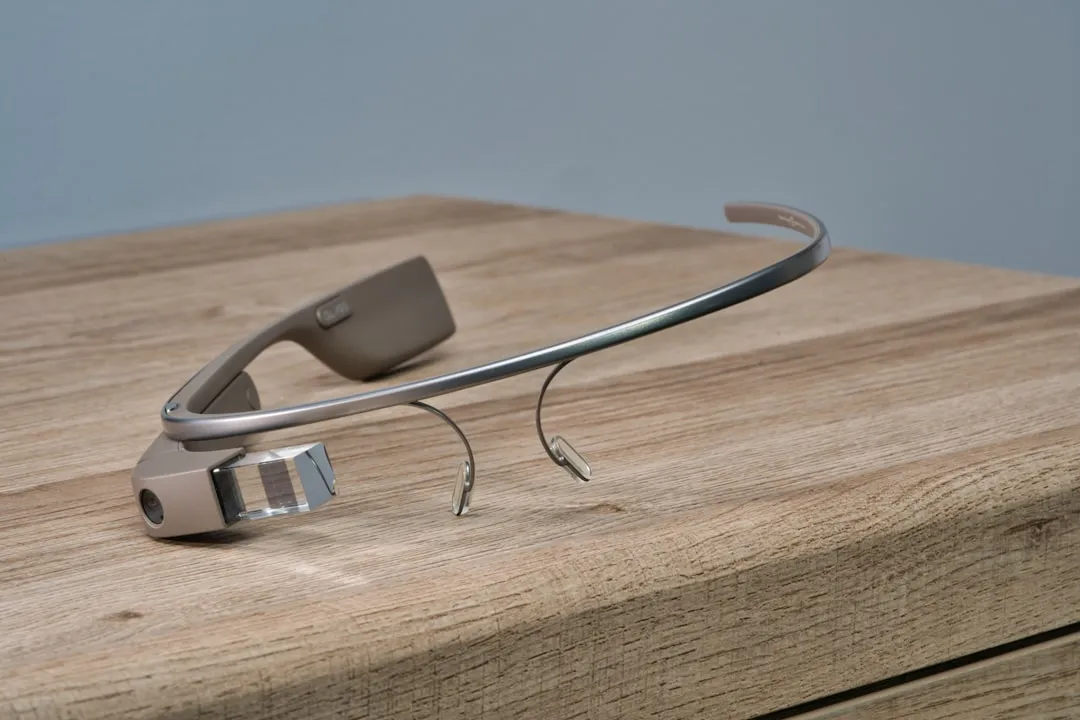


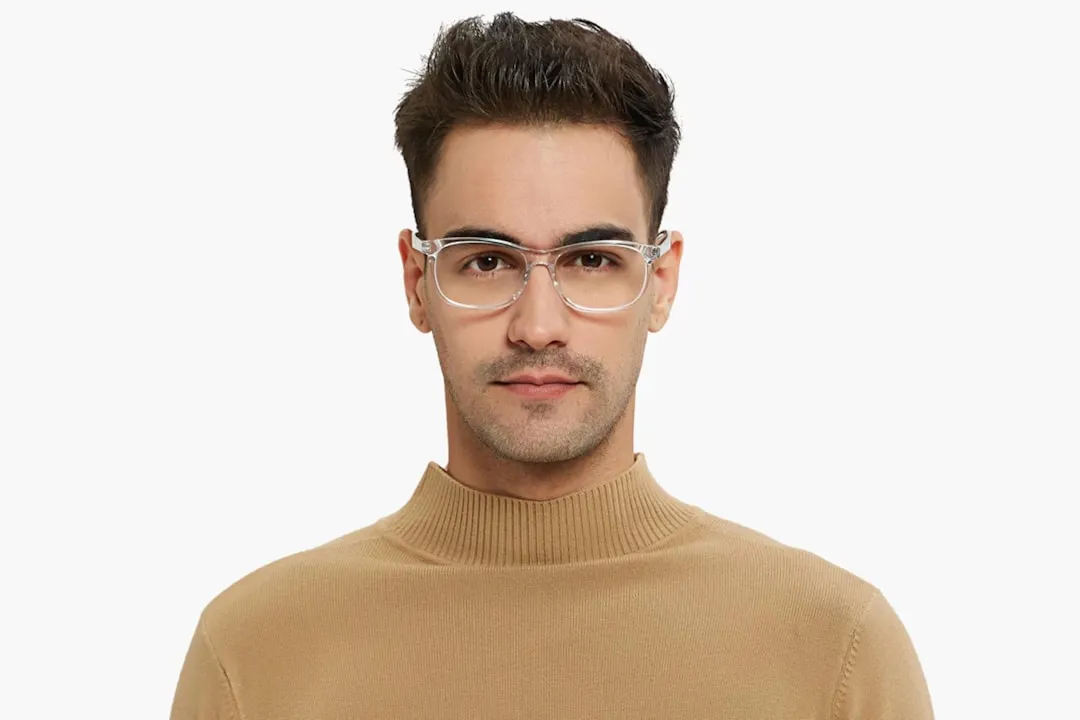



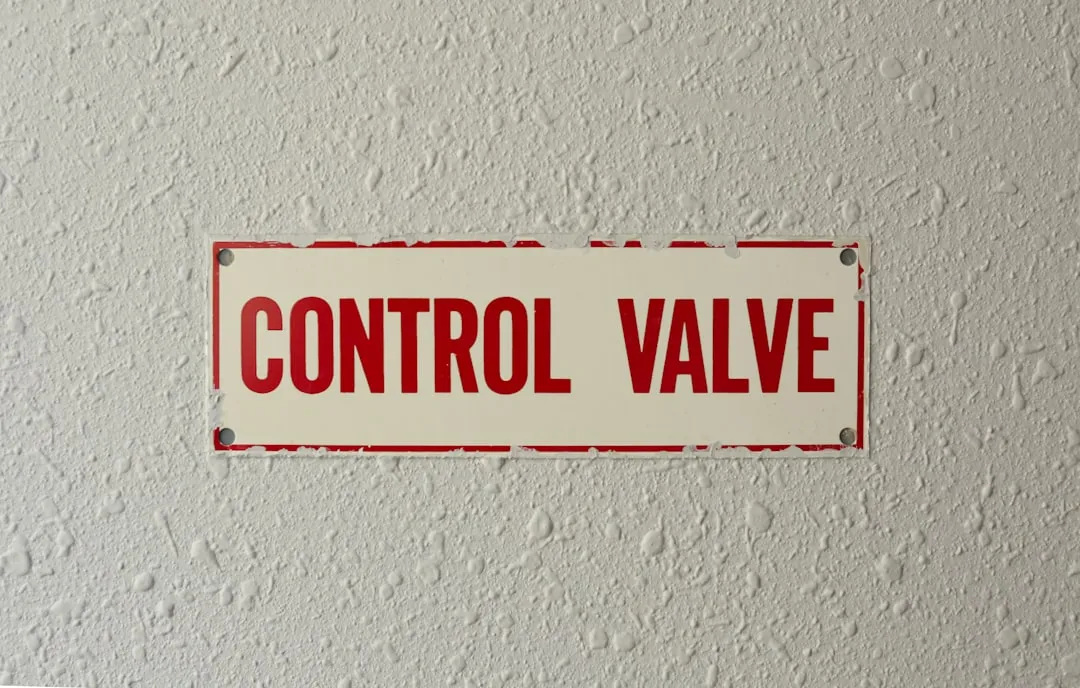




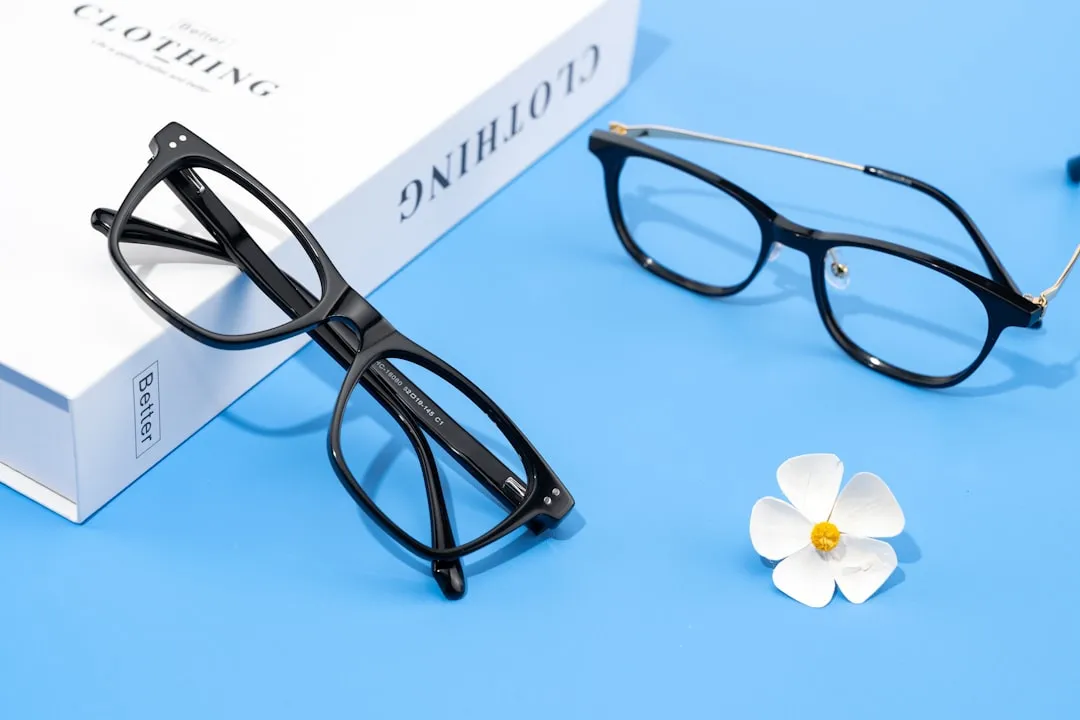
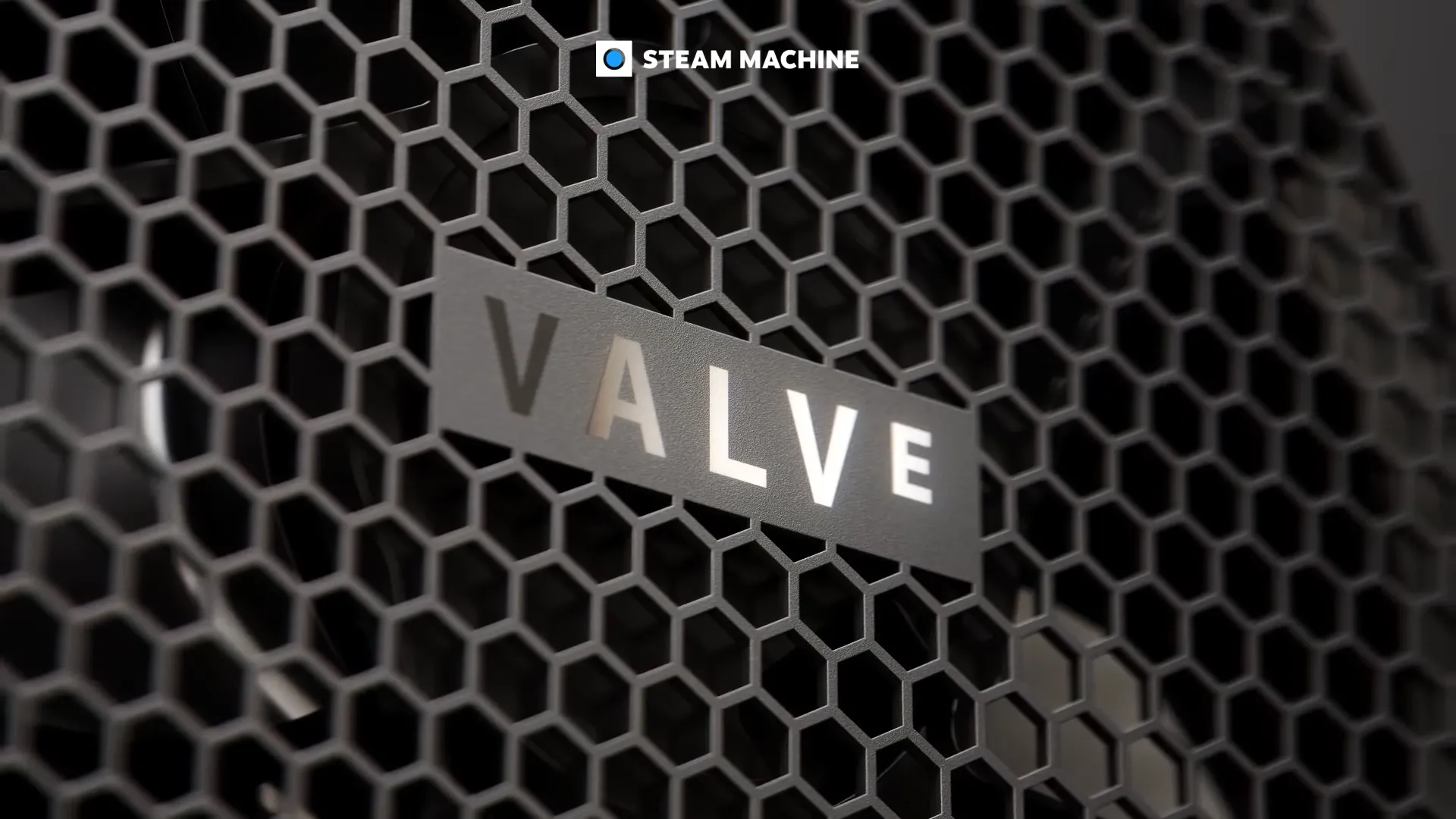
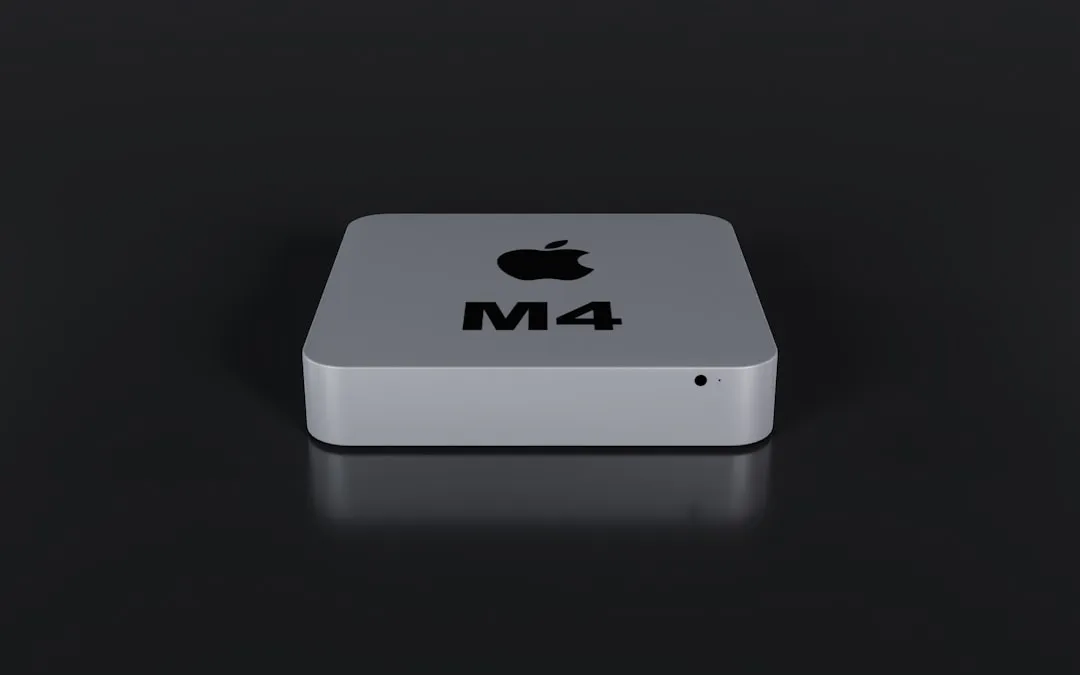
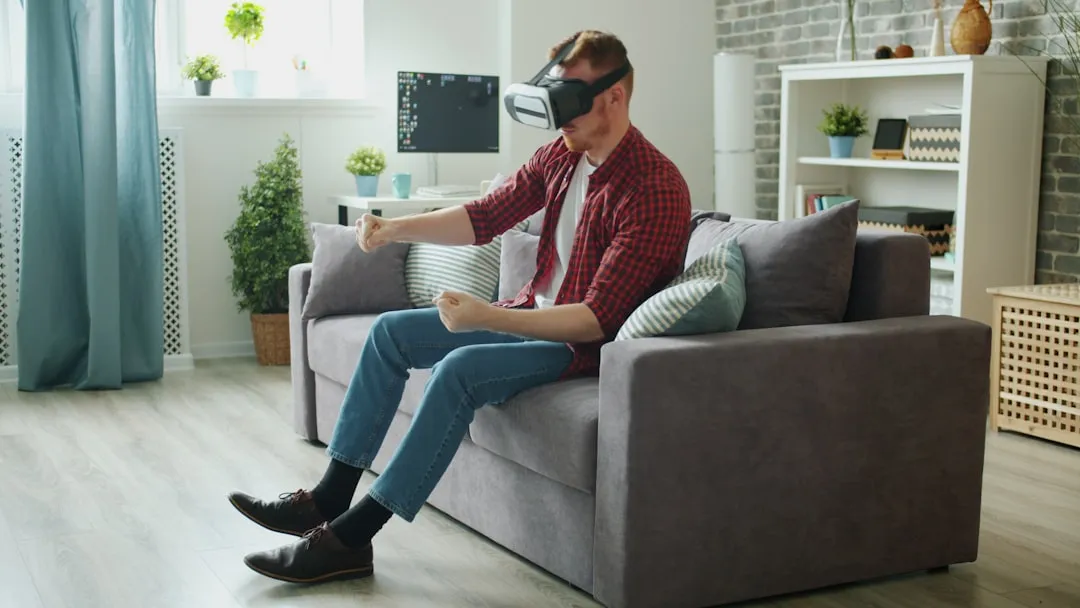
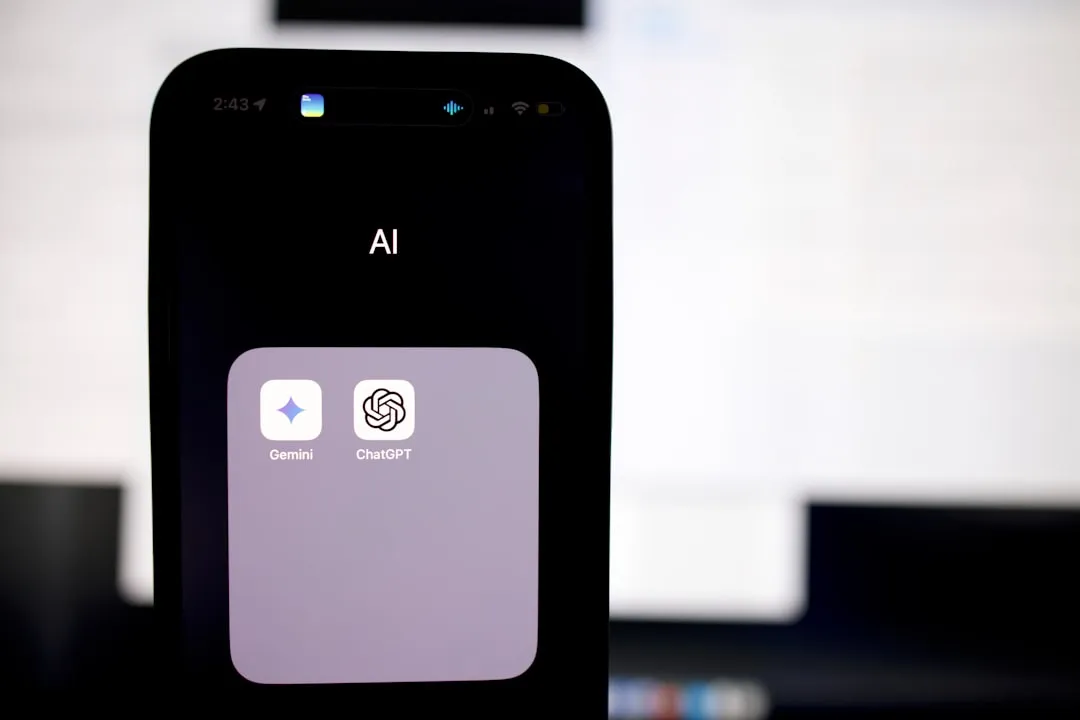
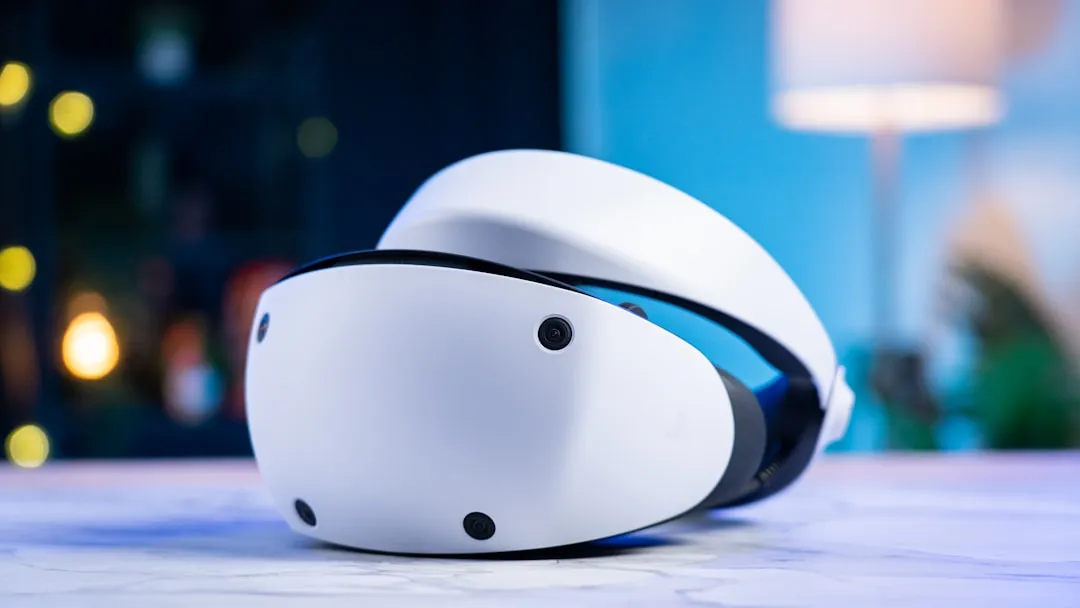

Comments
Be the first, drop a comment!